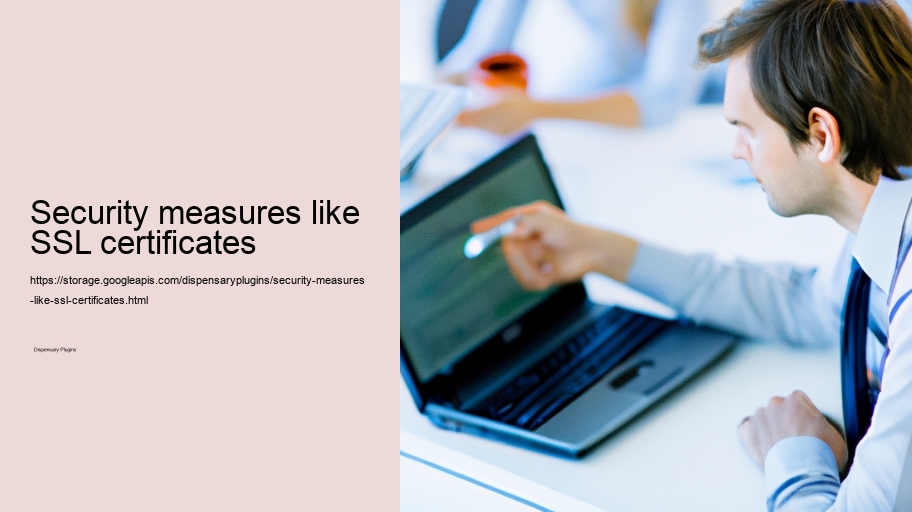In today's digital epoch (and it's a wild one!), the significance of safeguarding our online presence cannot be understated—not even by a little bit. With cybercrime escalating at an unprecedented pace, folks from all walks are clamoring for robust security measures that can shield their sensitive information from nefarious eyes. One such protective mechanism is the illustrious SSL certificate—a hero in its own right!
Now, what's an SSL certificate? Well, it stands akin to a virtual padlock, affording encryption for data transmitted between your web browser and the server hosting your favorite sites. This encryption ensures that any personal details you enter—be it your name or credit card numbers—are encoded into an undecipherable format. Hence, hackers can't just up and intercept this info for their dastardly deeds.
Moreover, SSL certificates serve a dual purpose; they also validate the authenticity of websites. See, when you spy that green padlock icon next to a URL or observe 'https://' preceding it (the extra 's' being super important), you're witnessing an assurance from third-party entities called Certificate Authorities. They vouchsafe that the site you're visiting isn’t some phony set up by crooks to hoodwink unsuspecting users.
Transitioning smoothly onto how these certificates come into play—when you access a secured website and see that trusty green symbol (or perhaps another color nowadays), there’s this immediate sense of relief! Your subconscious whispers "All's well," allowing you to carry on with transactions without fretting over potential security breaches.
Yet—and here comes the kicker—not all SSL certificates are born equal! There’re different types out there tailored to various needs. For instance, there’s the standard Domain Validation certificate; quick to get and cost-effective but doesn't dig deep into verifying business identity. In contrast, Extended Validation certificates require thorough checks before issuance, giving them a higher trust level among consumers.
And then there’s this misconception: installing an SSL certificate means your site is impregnable (Nope!). It doesn't make your website invincible against all forms of cyber-attacks; rather, think of it as part of a holistic approach towards cybersecurity where multiple layers work together like pieces in a puzzle to create a comprehensive defense system.
So let me wrap this up—having an SSL certificate is downright essential (!) for anyone serious about maintaining credibility and ensuring user confidence in this digital age brimming with uncertainties. Aw shucks, I reckon we've only scratched the surface here; nevertheless, understanding these basics is pivotal for anyone looking to navigate safely through cyberspace's treacherous waters.
Cannabis Dispensary E-commerce Integration
Data privacy tools compliant with regulations
